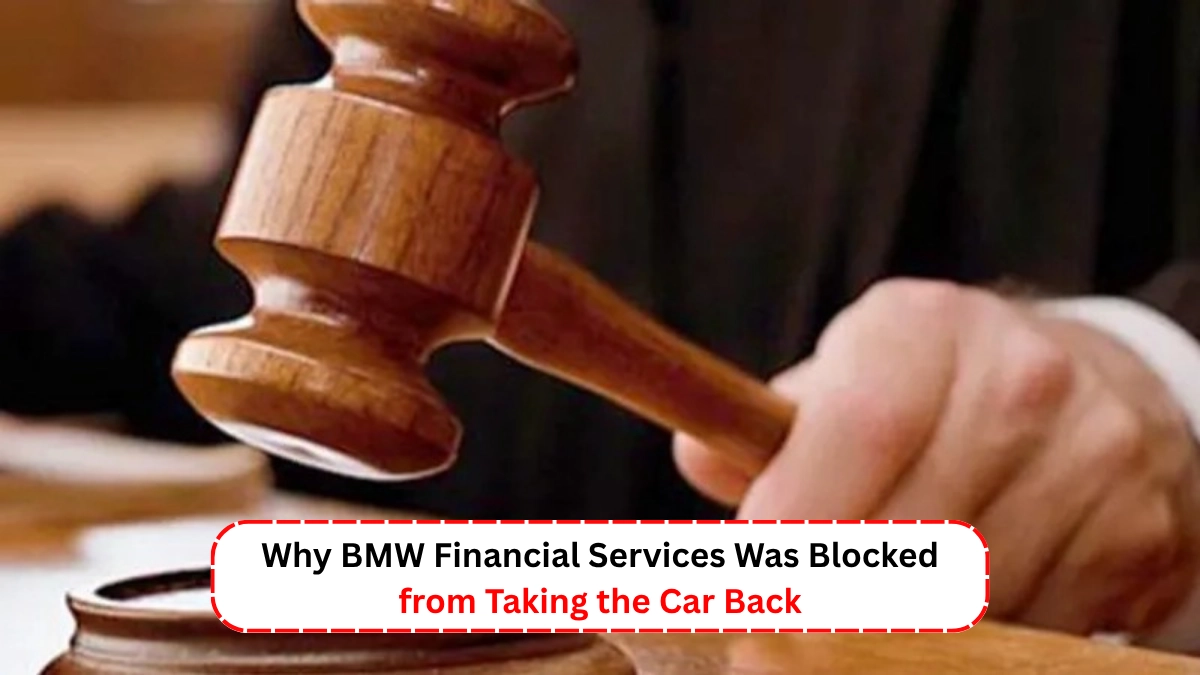A recent case in the Pietermaritzburg High Court has sparked public attention. The court dismissed a request by BMW Financial Services to repossess a car, even though the owner had already paid off the missed payments. The judge ruled that forcing repossession after repayment would be unfair and go against the purpose of credit law.
BMW had asked the court for a summary judgment. This means they wanted a quick court order in their favour without going through a full trial. They said the car owner missed payments. But by the time it went to court, the debt was already paid.
Judge Says Credit Law Should Help, Not Punish
Judge Mokgene Masipa said credit law in South Africa must be used to help people recover financially, not to punish them for short-term problems that they have fixed. He warned that courts should be careful when companies try to use minor contract breaches to take back assets, especially when those issues have been sorted out.
In this case, the car was financed through an agreement with Ndlangia Funeral Services and its owner, Lungisani Ndlanga. The owner missed some payments, which led BMW to issue a notice under the National Credit Act (NCA). After the notice, they sent a summons and launched the legal case.
From Parliament to your local street, we track it all on our News Website

Payments Were Made Before the Court Hearing
By the time the case was heard, the full arrears had been paid. Even though the default had happened, the judge said the agreement between the two parties had effectively been restored once the payments were made. He added that summary judgment was not suitable in this situation.
The car owner had caught up on payments and tried to fix things early. But BMW still wanted to cancel the deal and take the car back. The judge said this approach was not only harsh but also went against the idea of helping consumers recover.
Public Interest and Credit Policy Principles Matter
The judge pointed out that credit providers like BMW have a duty to act fairly, especially when dealing with ordinary people who face financial stress. He said it would go against public policy to let BMW repossess the car after the debt had already been settled.
He also noted that taking the car at this stage would do more harm than good. The point of the law is to help people fix their credit, not to punish them after they have made things right.
“Enforcement in such circumstances serves no purpose other than to punish the consumer,” the judge said.
Judge Denies BMW’s Request for Summary Judgment
In the end, BMW’s application was rejected. The court said the case needs full evidence, not a quick ruling. The judge’s decision supports fair debt recovery, not punishment.
This case may guide future court decisions on similar matters. It shows that if a person pays their debt, they should not be treated like they are still at fault.
Table: Key Case Details
| Detail | Information |
|---|---|
| Court | Pietermaritzburg High Court |
| Judge | Judge Mokgene Masipa |
| Applicant | BMW Financial Services |
| Respondents | Ndlangia Funeral Services, Lungisani Ndlanga |
| Main Issue | Repossession of car after arrears were paid |
| Final Ruling | Summary judgment denied |
Related News:-
- How Firoz Cachalia Became Acting Police Minister
- Why the Sisulu Foundation Says Ramaphosa Must Resign Now
- How Social Media Is Rewriting South Africa’s National Identity
- Kiara Nirghin’s AI Startup Shocked Investors With These Numbers

Hi, I’m Amandeep Singh, a content writer at Ramnath Intercollage. I share updates on jobs, internships, and scholarships across South Africa using official and trusted sources. My aim is to make every post easy to read and helpful for anyone looking to apply.

